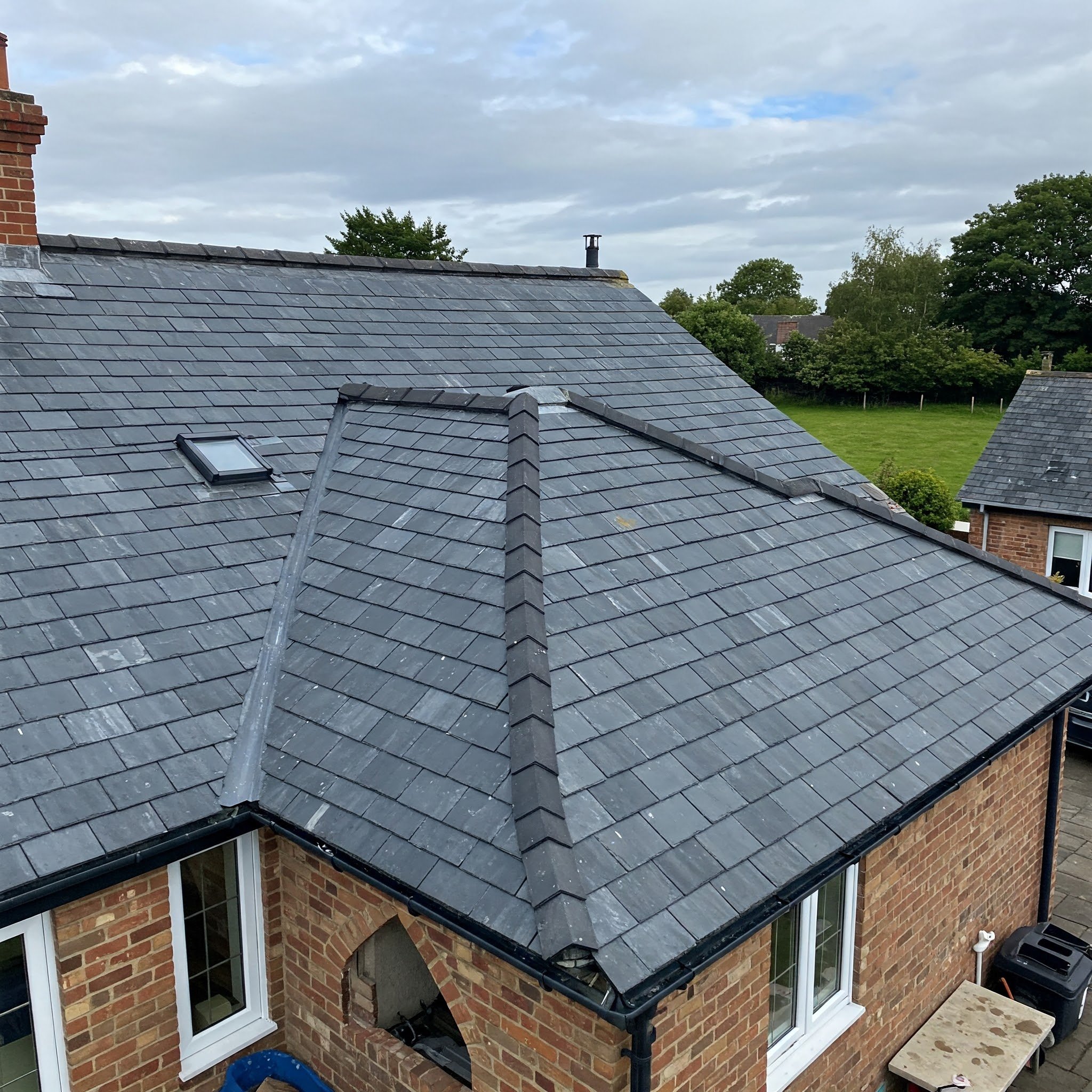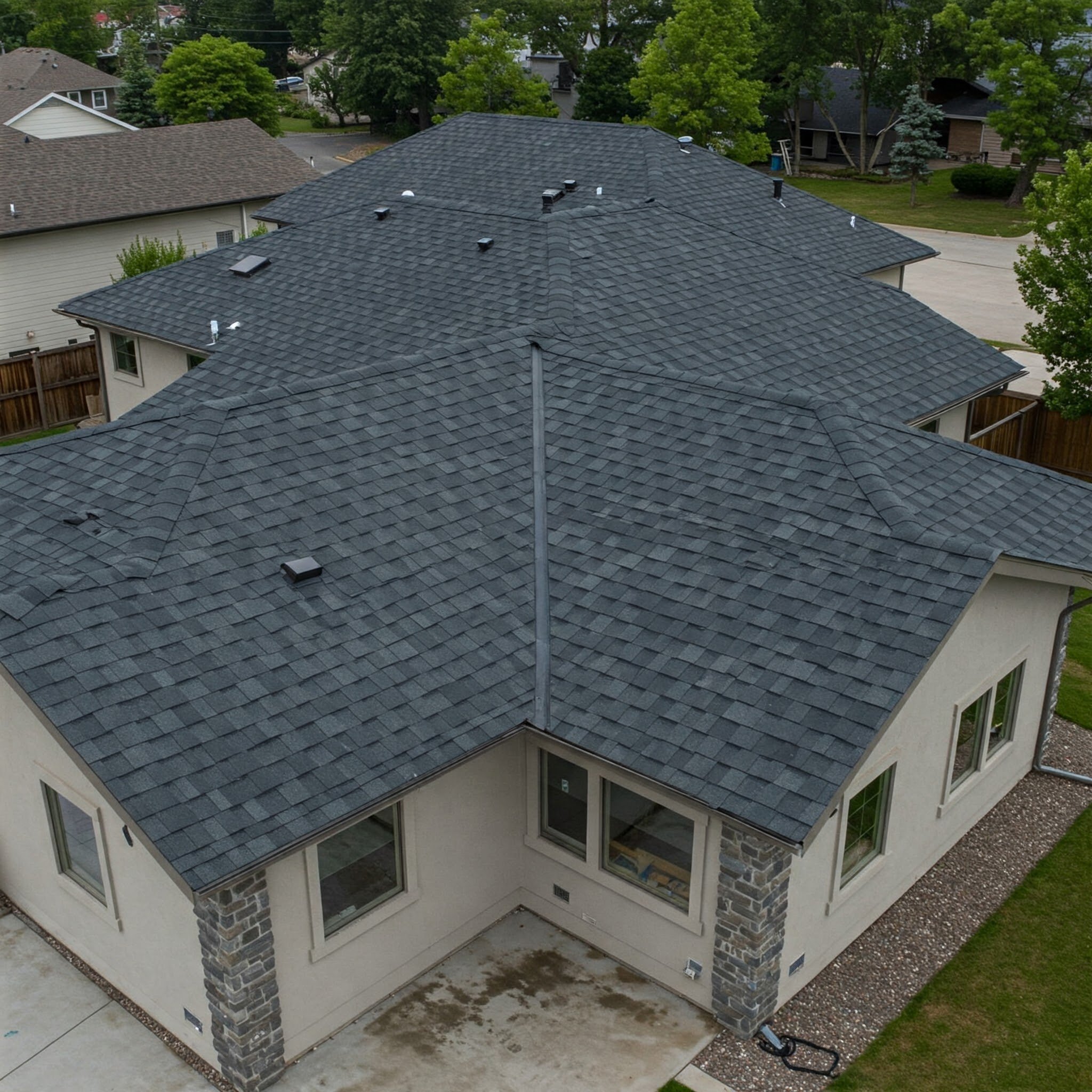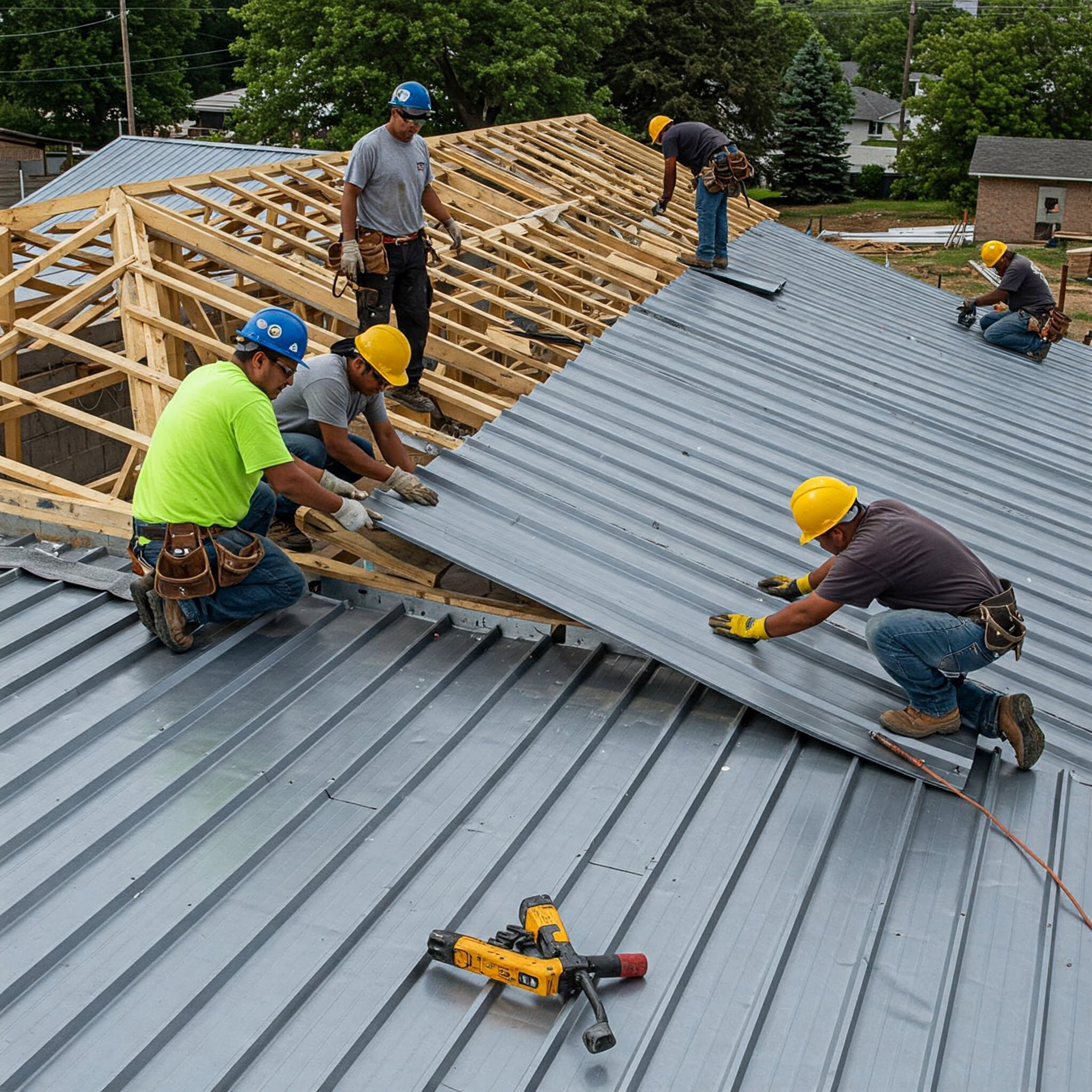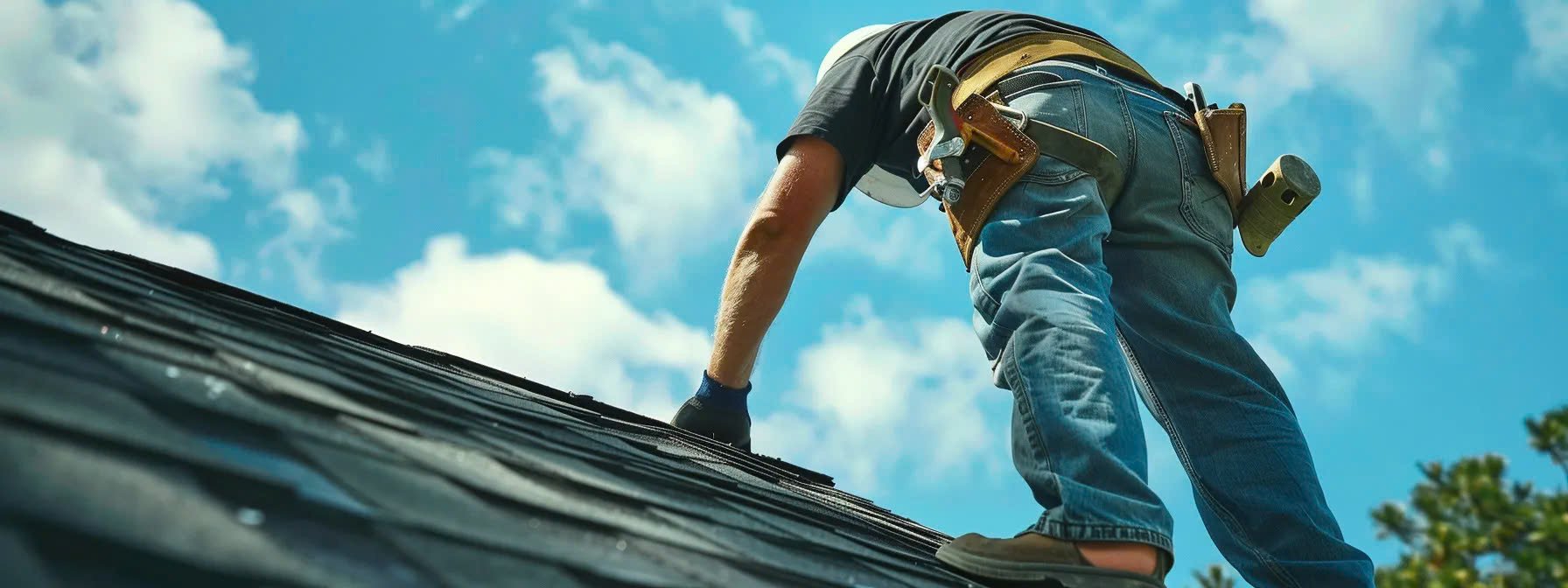How to Find the Best Roofing Contractors
Learn how to find the best roofing contractors with these essential tips on researching, vetting, and comparing professionals to ensure quality and reliability for your roofing project.
Finding the best roofing contractor can feel daunting, especially when considering the significant investment involved in a roof repair or replacement. Your roof is one of the most critical parts of your home, providing protection from the elements and contributing to your property’s energy efficiency and overall value. To ensure the job is done correctly, it's essential to choose a qualified and reputable contractor. Here’s a comprehensive guide on how to find the best roofing contractors for your project.
Research Local Roofing Contractors
One of the first steps to finding a reliable roofing contractor is to look local. Local companies understand the area’s climate, weather patterns, and building regulations, which can be critical for ensuring your roof can withstand local conditions. Search online, ask for referrals, and check community forums to compile a list of potential contractors in your area. Hiring a local roofer also makes it easier to get references and verify their reputation.
Check Licensing and Insurance
A professional roofing contractor should be licensed, bonded, and insured. Licensing indicates that they have met the state or local requirements for practicing roofing, while insurance protects you from liability in case of accidents on the job. Always ask for proof of both, and verify that the insurance coverage includes general liability and workers’ compensation. You can often confirm a contractor’s licensing status through your state’s licensing board or contractor registry.
Look for Manufacturer Certifications
Many leading roofing material manufacturers, such as GAF and CertainTeed, certify contractors who meet their standards for quality and professionalism. Hiring a certified contractor can provide added peace of mind, as these certifications are a mark of experience and dedication to high standards. Additionally, some manufacturers’ warranties are only valid when the installation is done by a certified contractor, which can provide added long-term protection for your roof.
Reputable contractors generally work with CRM tools like JobNimbus roofing crm that provide detailed, written estimates that includes a breakdown of costs for labor, materials, and other expenses.
Read Reviews and Check References
Reputation is key in the roofing industry. Take time to read online reviews on platforms like Google, Yelp, and the Better Business Bureau (BBB). Reviews can give you insight into the quality of work, reliability, and customer service of each contractor.
It’s also wise to ask for references from recent clients. Reach out to these references to ask about their experience, including how the contractor handled the timeline, budget, and any issues that arose. Speaking directly to previous clients gives you a more personal perspective on what it’s like to work with a particular contractor.
Ask About Warranties
Roofing projects should come with warranties that cover both materials and workmanship. A material warranty is typically provided by the manufacturer and covers defects in the roofing materials. A workmanship warranty, on the other hand, is offered by the contractor and covers any issues resulting from improper installation. Look for a contractor that provides a comprehensive warranty, as this indicates they stand behind their work.
Inquire About Experience and Specializations
Experience matters when it comes to roofing, and specialized knowledge can be a huge plus. Ask how many years the contractor has been in business and whether they have experience with the specific type of roofing you need. For instance, if you’re interested in a metal roof, make sure the contractor has experience installing metal roofing systems. Experienced contractors are more likely to handle unexpected challenges efficiently and are typically up-to-date with the latest industry standards and techniques.
Request a Detailed Estimate
Reputable contractors should provide a detailed, written estimate that includes a breakdown of costs for labor, materials, and other expenses. Be wary of contractors who offer a vague or “rough” estimate, as this may indicate hidden fees or potential for price changes mid-project. A detailed estimate should also specify the project timeline, so you have a clear understanding of when the job will start and be completed. Be sure to get multiple estimates to compare prices and services, and avoid contractors who offer unusually low bids, as these could signal subpar materials or shortcuts.
Ensure Clear Communication
Effective communication is essential for a successful roofing project. Pay attention to how promptly and professionally each contractor communicates with you. Are they willing to answer your questions, address your concerns, and explain the process in terms you understand? Contractors who are communicative and transparent are more likely to provide a stress-free experience and keep you informed throughout the project.
Consider the Roofing Contractor’s Safety Record
Roofing can be a hazardous job, so it’s important to work with contractors who prioritize safety. Ask potential contractors about their safety policies and training procedures. They should follow industry standards and have safety protocols in place to protect both their workers and your property. A contractor’s safety record can often be a good indicator of their professionalism and attention to detail.
Don’t Rush the Decision
Take your time to evaluate each contractor carefully before making a decision. Choosing a roofing contractor isn’t just about finding the lowest bid—it’s about hiring someone who will provide lasting quality. Spending time researching and evaluating your options will help you avoid costly mistakes and ensure your roofing project is done right.
Red Flags to Watch For
Here are a few warning signs that indicate a contractor might not be reputable:
- No physical address: A trustworthy roofing contractor should have a physical office you can visit.
- High-pressure sales tactics: Be wary of contractors who push you to make an immediate decision or sign a contract on the spot.
- Lack of transparency: If a contractor is unwilling to provide a written estimate, proof of insurance, or references, it’s best to walk away.
- Upfront payment demands: Avoid contractors who require a large upfront payment before any work begins. A small deposit may be reasonable, but reputable contractors generally don’t ask for full payment until the job is complete.
Final Thoughts
Finding the best roofing contractor takes time and effort, but the investment is well worth it. By following these steps, you can feel confident that you’re choosing a contractor with the expertise, professionalism, and integrity to deliver a high-quality roofing solution that will stand the test of time. Make sure to check local references, read reviews, and prioritize clear communication. By doing your due diligence, you’ll not only get a roof you can trust but also enjoy a positive experience with your chosen contractor.
Stay up to date with our latest ideas!
Exclusive deals just for our readers! Click below to unlock special offers and elevate your shopping experience!


























